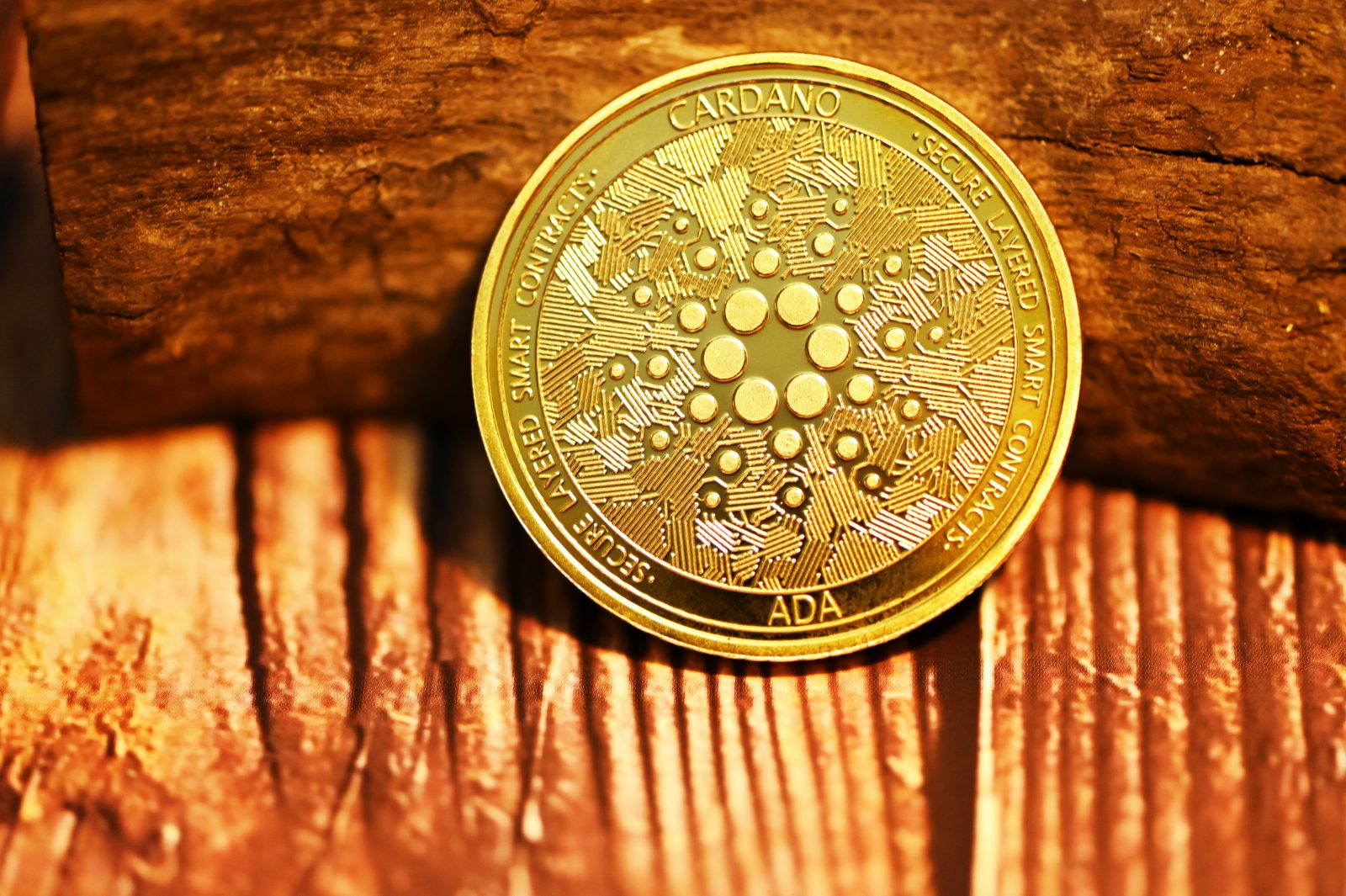Here’s How Cardano’s Hard Fork Affects Governance and Staking
06.09.2024 14:30 2 min. read Alexander Stefanov
Cardano’s blockchain has recently undergone a major overhaul with the launch of the "Chang" hard fork, which represents a pivotal move towards enhanced decentralized governance.
This update provides ADA token holders with increased authority over the network’s future developments.
Charles Hoskinson, the founder of Cardano, highlighted the significance of this upgrade, particularly for its impact on governance and decision-making. The hard fork has introduced a new governance structure comprising three primary groups: the Constitutional Committee, Delegated Representatives (dReps), and Staking Pool Operators (SPOs).
Under this new system, the power to propose upgrades or hard forks has shifted from the Cardano founders to the community. ADA holders can now elect representatives and vote on major proposals, establishing Cardano as a leading example of token holder-driven governance.
Hoskinson assured that ADA holders will continue to earn stewardship rewards but now have the option to vote directly, abstain, or delegate their votes to dReps. This change aims to enhance community involvement in governance while maintaining stewardship within the ecosystem.
The Chang hard fork marks the beginning of the Voltaire era for Cardano, which aims for complete decentralization. The new governance model will be gradually implemented over the next 90 days, with the Interim Constitutional Committee managing the transition.
Looking forward, Hoskinson mentioned the anticipated launch of “Cardano 2” in October, which will outline further advancements and strategic directions for the Cardano network, reinforcing its position as a prominent blockchain platform.
-
1
Top 10 blockchains by transaction volume in June 2025
06.07.2025 16:00 2 min. read -
2
German State-Owned Development Bank Issues €100 Million Blockchain Bond
11.07.2025 7:00 2 min. read -
3
Tether Ends Support for Five Blockchains in Infrastructure Shift
12.07.2025 11:30 2 min. read -
4
Cardano and Ethereum Lead in Developer Activity as GitHub Commits Surge
14.07.2025 12:00 1 min. read -
5
BNB Chain Upgrades and Token Delistings Reshape Binance Ecosystem
16.07.2025 22:00 2 min. read
Charles Schwab to Launch Bitcoin and Ethereum Trading Soon, CEO Confirms
Charles Schwab is preparing to roll out spot Bitcoin and Ethereum trading, according to CEO Rick Wurster during the firm’s latest earnings call.
BlackRock Moves to Add Staking to iShares Ethereum ETF Following SEC Greenlight
BlackRock is seeking to enhance its iShares Ethereum Trust (ticker: ETHA) by incorporating staking features, according to a new filing with the U.S. Securities and Exchange Commission (SEC) submitted Thursday.
IMF Disputes El Salvador’s Bitcoin Purchases, Cites Asset Consolidation
A new report from the International Monetary Fund (IMF) suggests that El Salvador’s recent Bitcoin accumulation may not stem from ongoing purchases, but rather from a reshuffling of assets across government-controlled wallets.
Sberbank Moves to Dominate Russia’s Crypto Custody Sector
Sberbank, Russia’s largest state-owned bank, is preparing to launch custody services for digital assets, marking a significant expansion into the country’s evolving crypto landscape.
-
1
Top 10 blockchains by transaction volume in June 2025
06.07.2025 16:00 2 min. read -
2
German State-Owned Development Bank Issues €100 Million Blockchain Bond
11.07.2025 7:00 2 min. read -
3
Tether Ends Support for Five Blockchains in Infrastructure Shift
12.07.2025 11:30 2 min. read -
4
Cardano and Ethereum Lead in Developer Activity as GitHub Commits Surge
14.07.2025 12:00 1 min. read -
5
BNB Chain Upgrades and Token Delistings Reshape Binance Ecosystem
16.07.2025 22:00 2 min. read


